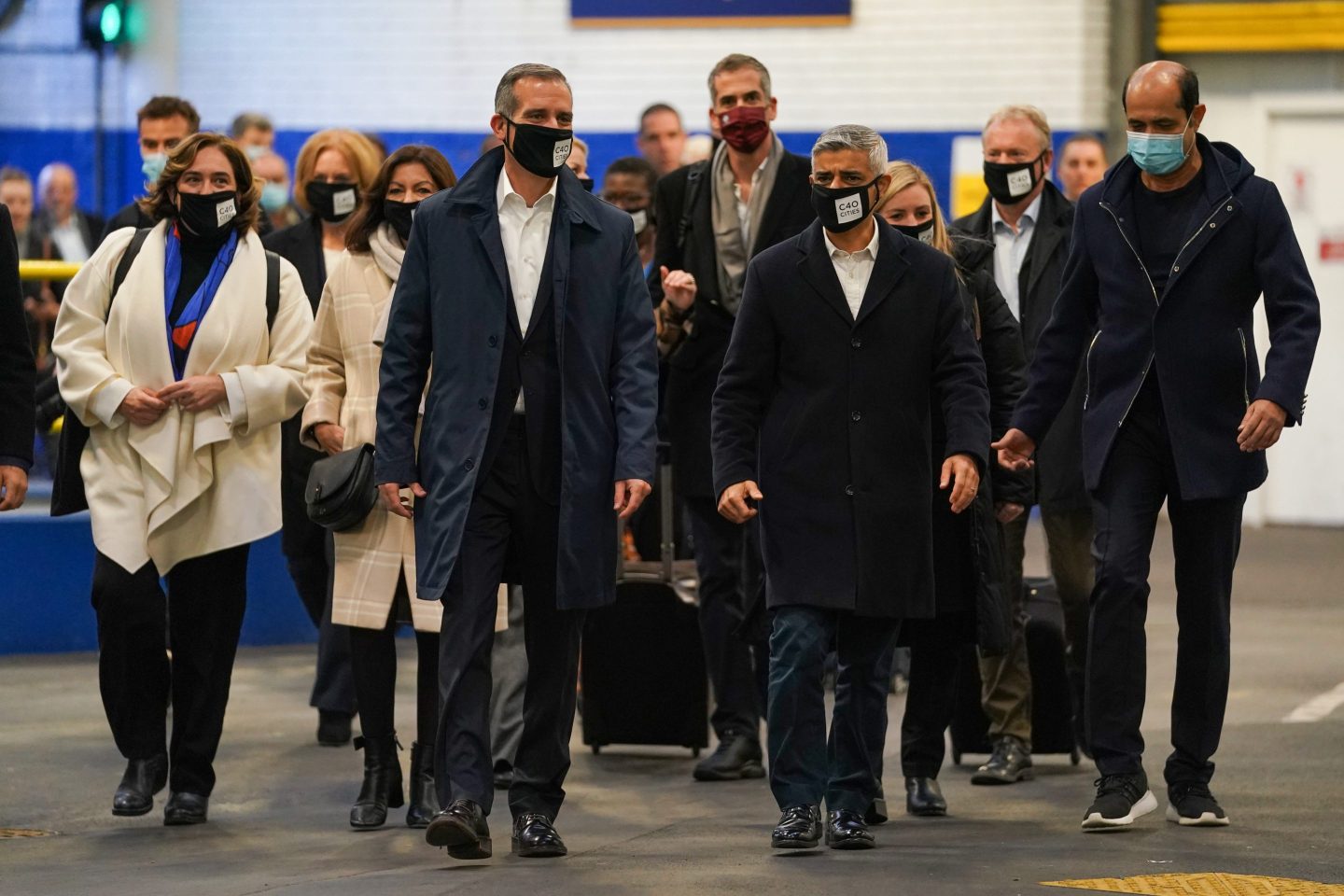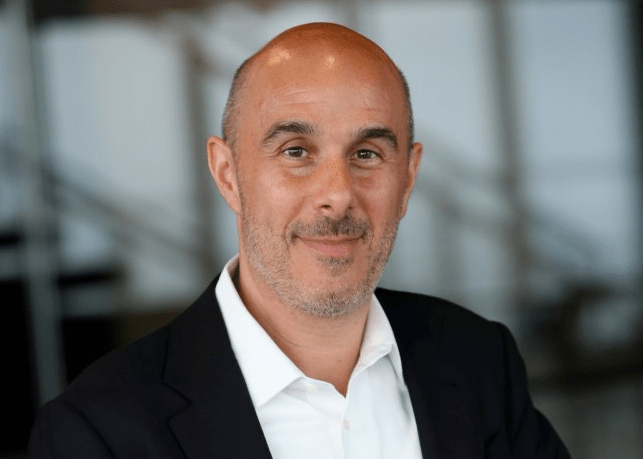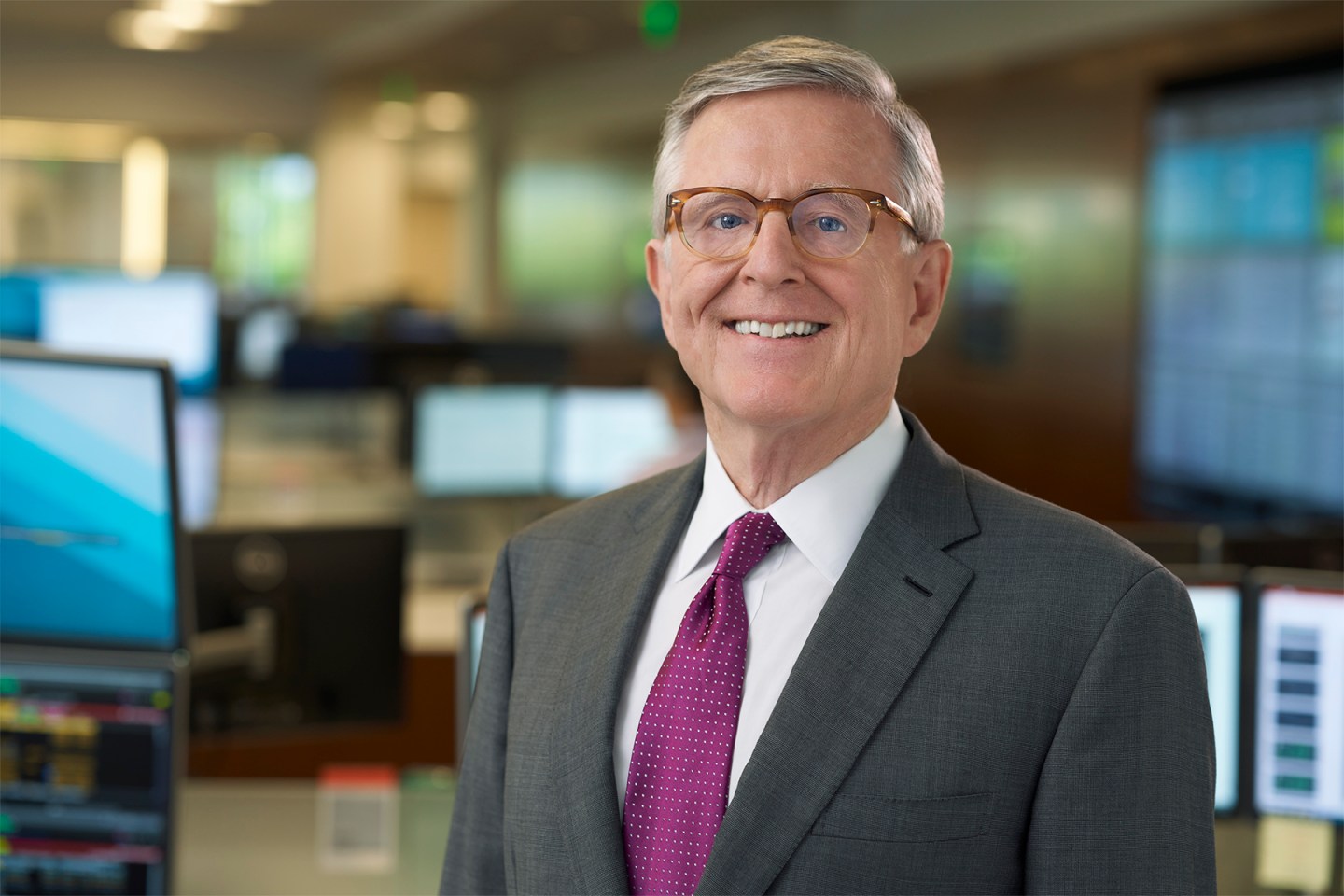As some 25,000 delegates arrived at the UN climate summit in Glasgow, also known as COP26, hopes are running high for an international agreement on how to tackle global warming. COP stands for “conference of the parties,” and 26 means that this group has been getting together for more than a quarter of a century, ever since the first meeting in Berlin in 1995.
Over this time, however, national leaders from the 190 countries represented in Glasgow have made only slow progress. They came to a consensus in Paris six years ago that we must keep global temperatures from rising more than 1.5º Celsius above the preindustrial average—the point beyond which scientists say the earth will suffer dire consequences from climate change. (The global temperature has already risen about 1º C since the preindustrial age because of greenhouse gas emissions.)
That consensus and related commitments to reduce emissions are good news, but not nearly enough. After 26 years, the national governments have not delivered on their promises to take urgent action. Lofty commitments haven’t translated to significant action on the ground and less climate pollution. Nations such as China, India, and Russia say they must continue to burn fossil fuels to grow, and that Western nations should take on most of the burden of reducing the global total of carbon emissions. In 2015, the poorest countries effectively pressured the wealthiest to donate $100 billion annually to help mitigate the effects of climate change and help fund clean technologies, but this hasn’t happened yet.
It would be easy to be pessimistic watching national leaders once again wrangling over how to combat climate change, and it’s my guess that once again they’ll leave Glasgow without an adequate action plan. But as the former mayor of Vancouver, British Columbia, a city that now has the lowest carbon emissions per person in North America, I’m optimistic about COP26. That’s because as I walk the halls here, I see where a lot of the real action is taking place—the kind of action that can help make important progress towards that 1.5º C goal. It’s in the conversations and sharing of climate success stories—and challenges—among the mayors of some of the world’s largest cities.
I’m participating in COP26 as Global Ambassador of the Global Covenant of Mayors (@Mayors4Climate), a network of 11,000 cities tracking and supporting climate action. Of these, more than 2,000 jurisdictions have now declared a “climate emergency” to urgently prioritize investment and policy change for climate. To call attention to the plight of cities, London Mayor Sadiq Khan is leading a delegation of city leaders on the “mayors’ train” to Glasgow, where they will gather at City Hall and call for more direct financial and legislative support from national governments.
At the local level there’s immense potential for dramatic positive change. In my decade as a mayor, I saw cities across the globe make aggressive climate commitments and work hard to deliver them despite minimal financial support from other levels of government. And already cities are making progress. Paris and Madrid are starting to ban gas and diesel vehicles from central areas, and London has expanded its congestion pricing, designed to reduce the burning of fossil fuels by discouraging vehicle traffic. New York City planted 1 million trees, expanding its urban forest by more than 20%. In 2020, Vancouver became the first big city to regulate embodied carbon with the greenest building code in the Americas.
Yes, ultimately, we need far more urgent action at the national level to achieve the scale required to fight climate change. With targeted support from countries, cities can make a big dent in global warming and continue to be the drivers of innovation, climate policy, and solutions that add up at the national and global level. Time is short for nations to step up. But count on cities to launch the seeds of the kind of green revolution we really need.
Gregor Robertson is the former mayor of Vancouver, BC, cited as one of the greenest cities in the world, and is now an executive VP at Nexii, a startup that makes low-carbon buildings.
More must-read commentary published by Fortune:
- Government intervention is more of an American tradition than we care to admit
- Great workplace design can combat the ‘Great Resignation’
- Coursera and the uncertain future of higher education
- Ukraine wants to build a top crypto jurisdiction, not the Wild West
- To fix the planet’s broken food systems, we must count their hidden costs
Subscribe to Fortune Daily to get essential business stories delivered straight to your inbox each morning.











